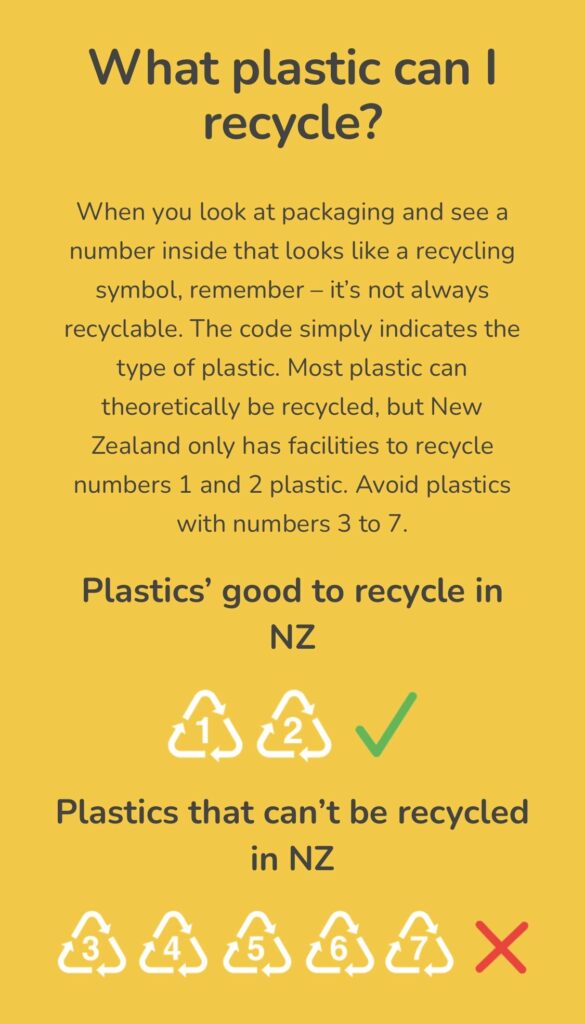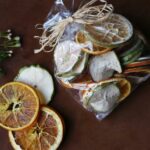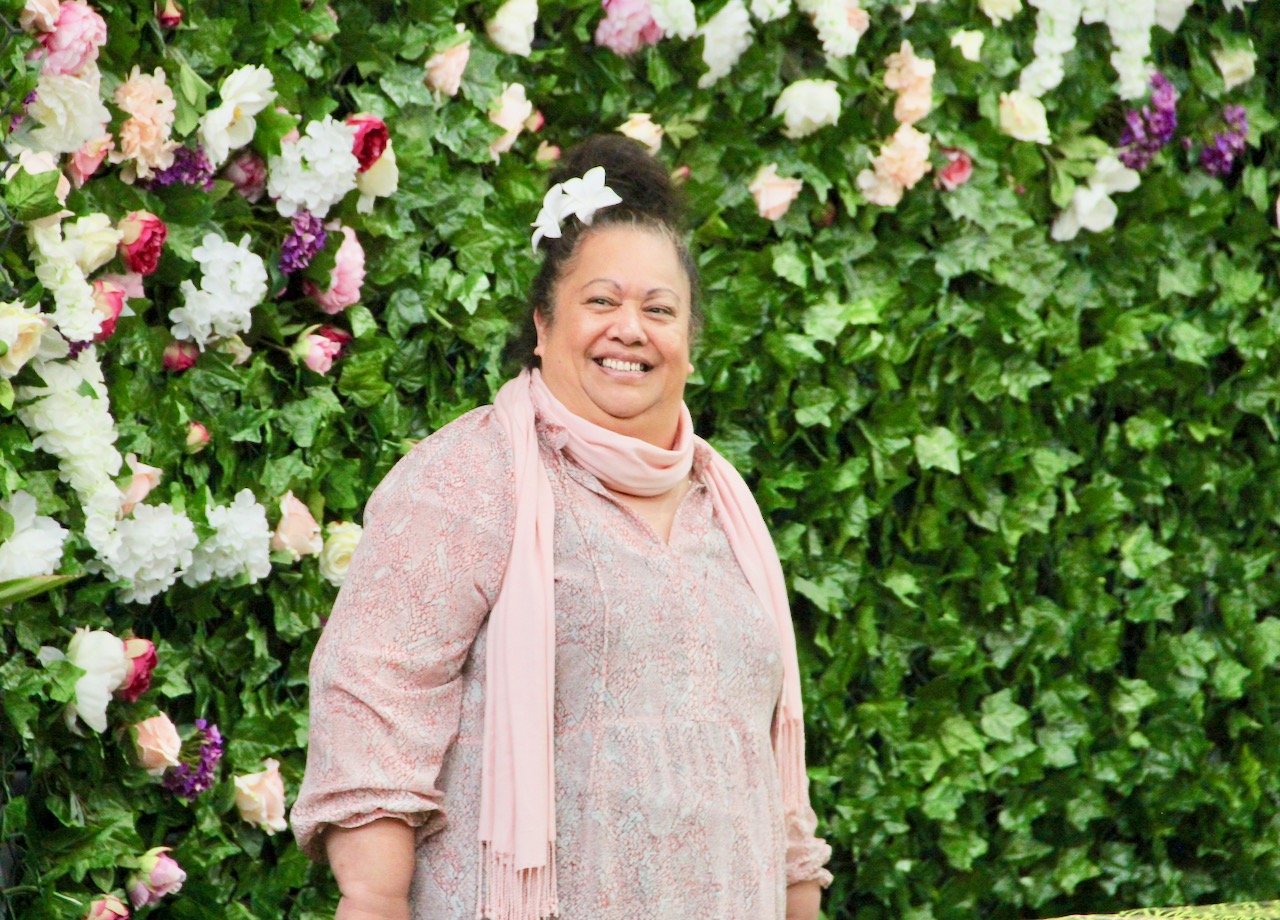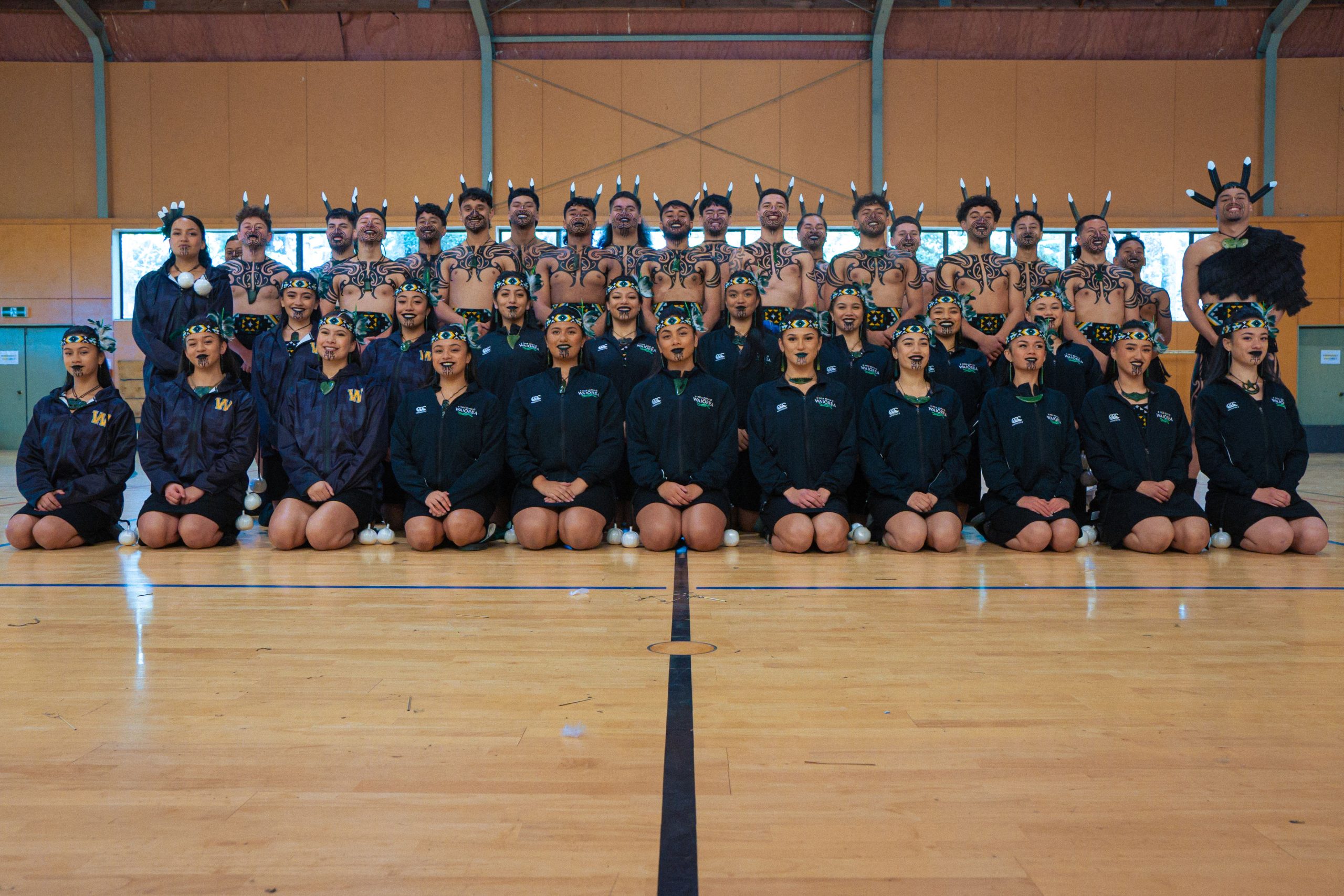To our school community, “Kua hinga he tōtara i te wao nui a Tane.” “A…

RECYCLING IN TĀMAKI MAKAURAU

TOP TIPS FOR A SUSTAINABLE CHRISTMAS
PRESENTS
 1. Quality not quantity – when buying gifts think: less but better, putting the time into picking a quality item that will last a long time. This reduces the chances of gifts going to waste and can be better for your wallet!
1. Quality not quantity – when buying gifts think: less but better, putting the time into picking a quality item that will last a long time. This reduces the chances of gifts going to waste and can be better for your wallet!
2. Gift an experience: gifting an experience for your loved ones will reduce demand for physical resources. Bring people together by gifting your time or a pre-bought experience. There are lots of options to choose from that will reduce your Christmas footprint. You could buy tickets to shows, concerts or events. Gift a homemade coupon book. Make a restaurant reservation or give a gift card. Why not plan a day out to a national park or non-for-profit conservation charity, or even make a homemade meal. It also means Christmas comes twice for the receiver, when they get to go on the experience!
- Think about materials: look at the materials gifts are made from and keep sustainability in mind. Ensure wood and paper gifts are made from recycled or Forest Stewardship Council (FSC) certified materials. Avoid single plastics items that can’t be recycled and look for things like Organic-certified food and clothing. Buying second-hand items saves on resources needed to make new products. Vintage clothes and home furnishings, and refurbished technology can make great sustainable gifts.
- Remove packaging: reduce waste even further by buying gifts with little or no packaging. Sometimes shopping local can help with this, especially if you have a local refill shop. If you must use packaging, use recycled, or recyclable, materials. Avoid plastic where possible, and don’t forget your reusable bags to carry all your shopping home!
- Test your wrapping skills: look for cards and wrapping paper made from recycled or FSC-certified paper. Avoid plastic ribbon and tape or foil-backed wrapping paper. Choose cards that you can recycle (this means no foil or glitter!). Check out some tape-free wrapping techniques online such as, furoshiki. This is a traditional Japanese method of using cloth to wrap and transport gifts. It makes for beautiful, unique, and reusable packaging.
- The gift of a better future: if you’re struggling for a gift idea – why not support an animal rescue’s work by choosing a donation or n animal adoption programme? These are perfect gifts for nature and wildlife-lovers wanting to help the environment, there is a gift for environmentalists of any age.FOOD

- Cut your food waste: food production is the biggest cause of tropical deforestation. Try to cut any waste by planning ahead – be realistic about how much food you need and use up leftovers. Instead of clingfilm, use Tupperware, foil and wax cloth covers to keep leftovers nice and fresh!
- Eat More Plants: eating more plant-based meals is good for you and the planet. The livestock industry generates 14.5%3 of all man-made greenhouse gas emissions. It requires huge amounts of space, water and feed. Instead, you could try a meat alternative.
- Know your logos: when shopping for food, look for NZ produce to reduce food miles. Search for sustainability certifications such as RSPO-certified palm oil and MSC-certified seafood.
- Eat seasonally: make your shopping basket more sustainable by buying locally produced, seasonal products. Doing so reduces the energy spent growing foods out of season or shipping food to NZ.
 DECORATIONS
DECORATIONS
11. Table Manners: avoid single-use tablecloths and napkins. Instead, use material versions which have a longer lifecycle than their paper equivalents. gravy sauce stains? No problem! Washing at lower temperatures will help to reduce your environmental footprint
12. Think about your lights: use LED lights on your Christmas tree, they use less energy, last longer and look just as good! Also, switch off your lights at night – it’s safer and won’t cost the earth.
- Make your own decorations: save yourself some money by upcycling old decorations. Or make your own using spare material around the house. We sell DIY Christmas decorations in our shop. They make a great tree ornament and/or gift! They’re made from felt derived from recycled water bottles and the thread comes from plants.
- Don’t forget the tree! If buying a plastic Christmas tree, make sure that you’re going to reuse it for at least 10 years. Otherwise, it would have been better to buy a living tree from a sustainable forest. If buying a real tree, make sure it’s FSC-certified. Be clear on how to dispose of your tree once the season is over. If it is potted, think about replanting it. Or get it recycled and turned into wood chips. Purchasing a potted tree is a good solution as you can reuse it each year!
Credit: wwf.org.uk



